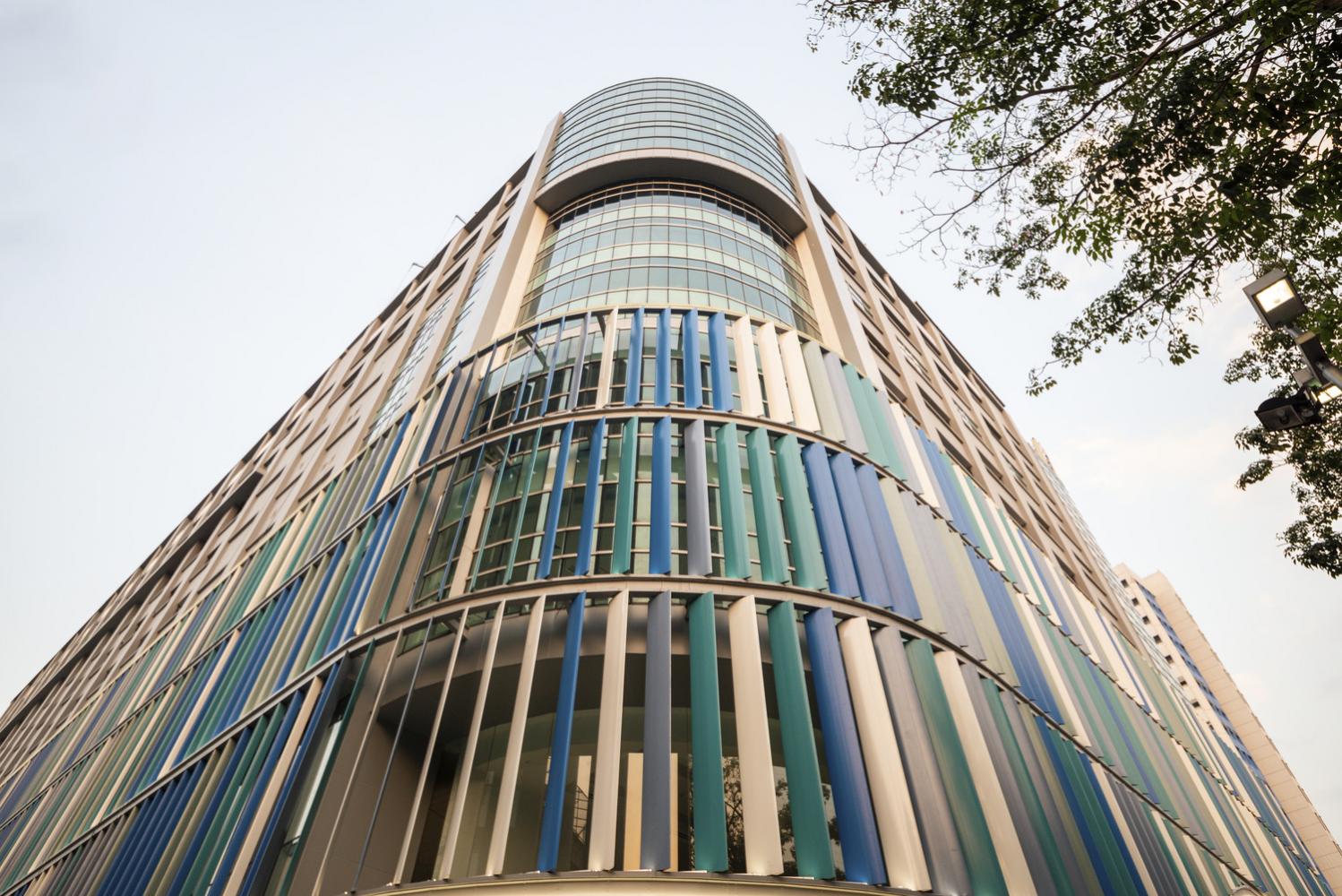
Thailand is seeing a new trend in building designs that promise more energy saving and solutions to support the government's campaigns against global warming, says Bangkok-based architecture company dwp.
Buildings which are eco-friendly and able to adapt to the impact of climate change are increasingly important as the world becomes more aware of environmental and energy issues.
Kittiphot Boochangkool, group sustainability leader at dwp, said new buildings will have better airflow and ventilation for healthier and more comfortable living as well as more green areas that will connect residents with nature.
His company is providing design services in countries such as Australia, the United Arab Emirates, China and Thailand, amid increasing awareness of the impact of global warming.
Globally, new building construction projects tend to focus more on low-carbon building materials and climate-resilient building designs that are aimed at offering construction solutions adaptable to a range of different risks in various climates such as arid and humid conditions as a result of climate change, said Mr Kittiphot.
Thailand is also keen on pushing ahead with projects to fight climate change.
Prime Minister Prayut Chan-o-cha vowed during the 26th UN Climate Change Conference last year that Thailand would be more aggressive in addressing climate change, striving to reach carbon neutrality, a balance between carbon dioxide emissions and absorption, by 2050, and a net-zero target by 2065.
The net-zero campaign refers to efforts to strike a balance between greenhouse gas emissions and absorption.
To reduce carbon dioxide emissions and support a transition towards clean energy, people should adopt more renewable energy, notably solar power, said Mr Kittiphot.
A new order may be enforced to have new buildings equipped with rooftop solar panels, he said, adding that the government could also issue incentives to encourage developers to adopt renewable energy technology and build energy-efficient buildings.
"Energy-efficient buildings typically have higher startup costs than conventional buildings, but in the long term green buildings will yield returns," said Mr Kittiphot.